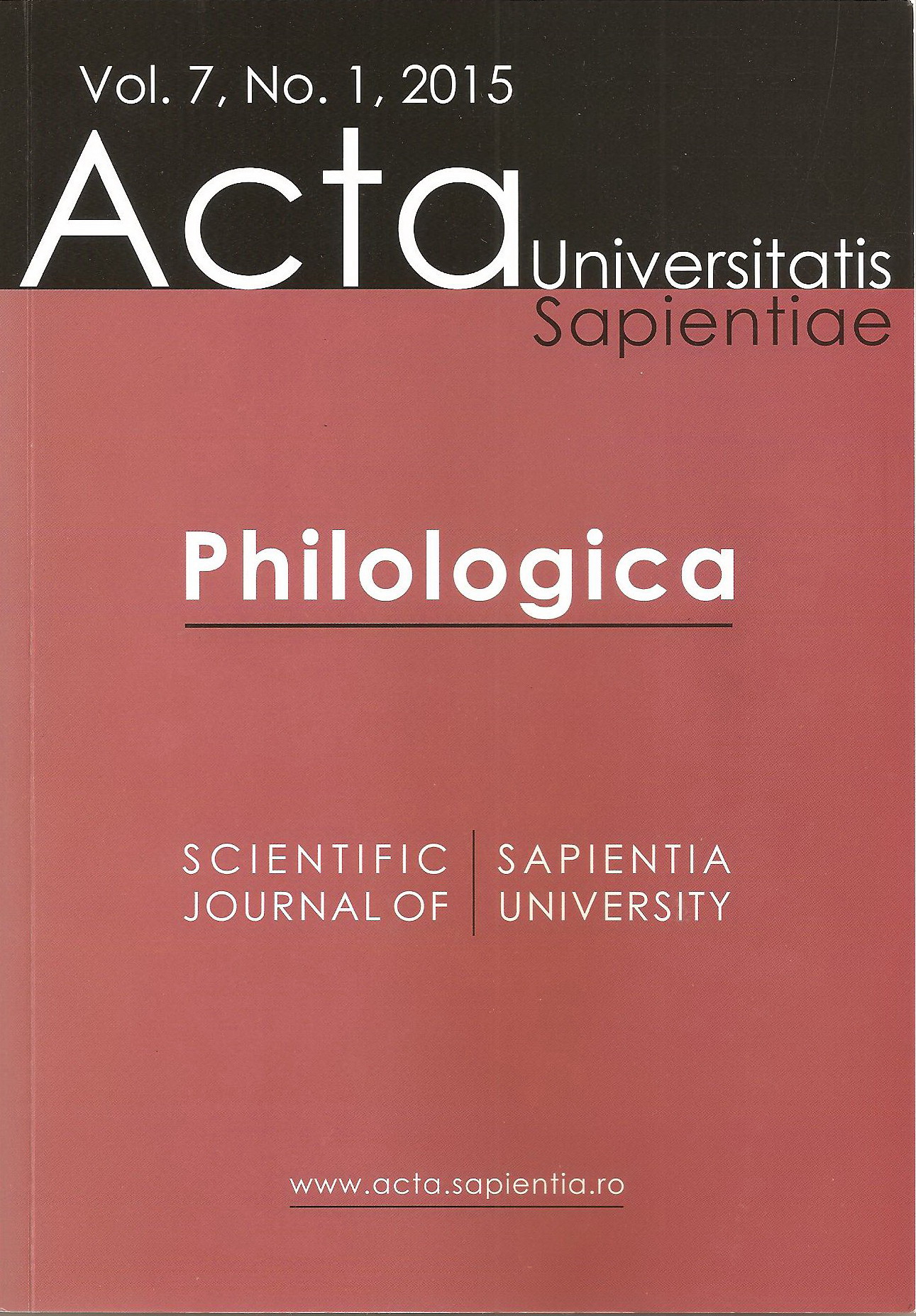Change of Place, Space Perception and Topographic Discourse
Change of Place, Space Perception and Topographic Discourse
Author(s): Éva ToldiSubject(s): Language and Literature Studies
Published by: Scientia Kiadó
Keywords: space representation; identity; anthropological places; non-places; virtual worlds
Summary/Abstract: The paper examines the view and representation of space in Terézia Mora’s prose, primarily based on her novel entitled The Only Man on the Continent (Der einzige Mann auf dem Kontinent). In the universe of the novel the perception of space basically determines the individual’s space of action and highly influences his self-image as well as his attitude toward alterity. The city not only functions as space, but also forms a multicultural medium which becomes itself the subject of reflection and metanarration. In the novel the anthropological places and non-places, in Augé’s sense, change their function and thus the borders of referential, mental and virtual worlds are blurred, the notion of space itself is revaluated. The protagonist is the Ulysses of our days; his journeys and adventures mainly take place in his imagination. In the virtual world he loses his sense of reality, which can also be perceived in the narrative procedures of the text: the novel is in fact the protagonist’s quest for identity, his endless monologue, which is interrupted by the omniscient narrator’s comments from time to time. In the meantime the evident intertextual context also gets shape: the text maintains an ironical intertextual connection with James Joyce’s Ulysses.
Journal: Acta Universitatis Sapientiae, Philologica
- Issue Year: 7/2015
- Issue No: 1
- Page Range: 95-112
- Page Count: 18
- Language: English

